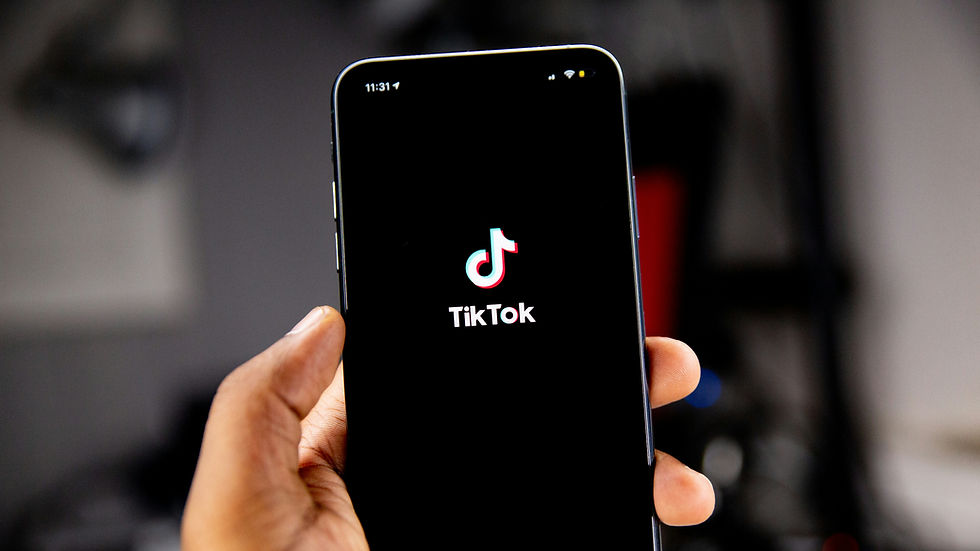China's Social Media Platforms Implement AI Content Labelling Law
- tech360.tv

- Sep 2, 2025
- 2 min read
China's major social media platforms have launched new features to comply with a new law mandating the labelling of all artificial intelligence-generated online content. The law, which came into effect on Monday, requires both explicit and implicit labels for text, images, audio, video, and other virtual content.

Explicit markings must be clearly visible to users, while implicit identifiers, such as digital watermarks, should be embedded in the metadata. The law, which was issued in March, was drafted by the Cyberspace Administration of China (CAC) along with three other ministries.
The Ministry of Industry and Information Technology, the Ministry of Public Security, and the National Radio and Television Administration collaborated with the CAC. This new regulation reflects Beijing's increased scrutiny of AI amidst growing concerns over misinformation, copyright infringement, and online fraud.
The regulation aligns with a broader effort to tighten AI oversight, a key focus of the CAC's 2025 Qinglang, or clear and bright, campaign. This annual initiative aims to clean up China's cyberspace.
Tencent Holdings’ WeChat, known as Weixin on the mainland, announced content creators must voluntarily declare all AI-generated content upon publication. The platform, which has more than 1.4 billion combined monthly active users worldwide, also stated it would remind users to "exercise their own judgment" for unflagged content.
In a Sunday post, WeChat confirmed it strictly prohibits the deletion, tampering, forgery, or concealment of AI labels added by the platform. It also forbids using AI to produce or spread false information, infringing content, or any illegal activities.
ByteDance-owned Douyin, with approximately 766.5 million monthly active users according to Sekkei Digital Group data, also issued a statement on Monday. It encourages creators to add visible labels to every AI-generated piece of content they post.
Douyin further stated it detects the source of every piece of content through its metadata. Other popular social media platforms have released similar statements.
Chinese microblogging site Weibo added an "unlabelled AI content" option for users to report inappropriate content, according to a Friday post. RedNote, also known as Xiaohongshu, reminded users of the labelling rule on Friday.
Xiaohongshu noted it reserves the right to add explicit or implicit identifiers as required by laws and regulations for AI-generated content that is not voluntarily declared. The CAC outlined robust AI content monitoring as a key objective this year.
Strict enforcement of mandatory labelling and penalties for those using AI to disseminate misinformation or manipulate public opinion, especially through paid online commentators, are also planned. The regulator will focus on cracking down on deceptive marketing on short video platforms.

Additionally, the CAC aims to tackle misinformation from social media influencers and strengthen online protections for underage users.
China's new law mandates explicit and implicit labelling for all AI-generated online content.
Major platforms like WeChat, Douyin, Weibo, and Xiaohongshu are implementing features and policies for compliance.
The law addresses concerns over AI-driven misinformation, copyright infringement, and online fraud, aligning with the CAC's Qinglang campaign.
Source: SCMP


